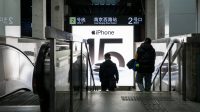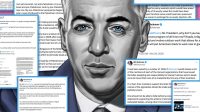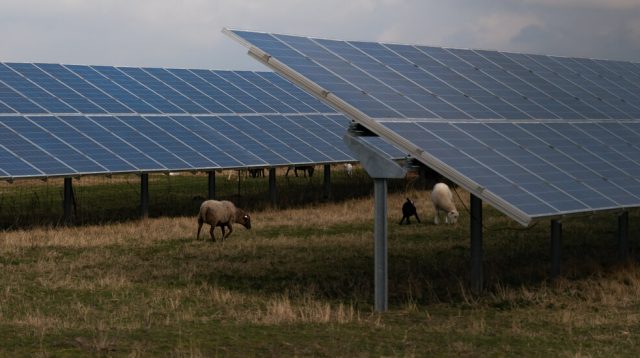Before China came to dominate the solar panel industry, Germany led the way. It was […]
In the decade since he founded the private investment firm RedBird Capital Partners, Gerry Cardinale has acquired […]
Berita Lainnya
Headlines
hackerspaceid.org
Has China Lost Its Taste for the iPhone?
For years, Apple dominated the market for high-end smartphones in China. No other company made […]
Big Republican Donor Jeff Yass Owned Shares in Trump Media Merger Partner
Jeff Yass, the billionaire Wall Street financier and Republican megadonor who is a major investor […]
British Media Showed Restraint on Princess Kate’s Health. It Didn’t Make a Difference.
Days before Catherine, Princess of Wales, ended the wild speculation over her absence from public […]
Chuck Todd Questions His Network, NBC News, Over Hiring of Former R.N.C. Chair
The veteran NBC anchor Chuck Todd publicly attacked the leadership of his own network on […]
Famously Obstinate, Bill Ackman Is Now Real-Life Famous. What Next?
In June 2017 — as he was reeling from the end of his marriage of […]
Young Chinese Embrace ‘Gross Outfits’ at Work
When the weather turned cold in December, Cindy Luo started to wear her fluffy pajamas […]
China’s Plan to Spur Growth: A New Slogan With Familiar Ideas
From the top of the government, China is heavily promoting a plan to fix the […]
How the Apple and Microsoft Antitrust Cases Compare
Impeding innovation. Reducing consumer choice. Extending dominance to other markets. These are accusations that the […]
David E. Harris, Trailblazing Airline Pilot, Is Dead at 89
David E. Harris, a former Air Force bomber pilot who at the height of the […]
No More Posts Available.
No more pages to load.




















